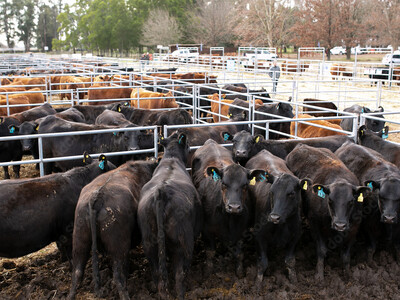Study Shows Bark Beetle Contribute to Air Pollution
Study Shows Bark Beetles Contribute to Air Pollution
I’m KayDee Gilkey with the Northwest Farm and Ranch Report.
In the last two decades, there has been extensive damage done to western United States’ and British Columbia’s forests from mountain pine beetles.
Recently a new study showed that these pests also harm the environment by making trees release up to 20 times more of the organic substances that foster haze and air pollution in forested areas.
When these mountain pine beetles infest pine trees, they damage the trees with their boring into the bark of the pine trees to lay eggs. Gasses called volatile organic compounds are released from the bore holes, which act as trees’ defense mechanisms against the beetles.
Southern Illinois University Assistant Professor of Chemistry and Biochemistry Kara Huff Hartz shares more about what they learned.
Huff Hartz: “Upon infestation, we found there was an increase in the total volatile organic compounds concentrations that were coming from the chunks of the infested trees. We found in particular was that there was a volatile compound called ß-phellandrene that is emitted in much higher levels than we thought.”
Huff Hartz says the haze produced by the infested trees’ can reduce visibility and affect climate.
Huff Hartz: “What it could do is that it could contribute to the haze that is already there, make it higher in concentration, make it more of an intense episode or it could make haze that wouldn’t there become visible or more of a problem.”
I’m KayDee Gilkey with the Northwest Farm and Ranch Report on the Northwest Ag Information Network.













